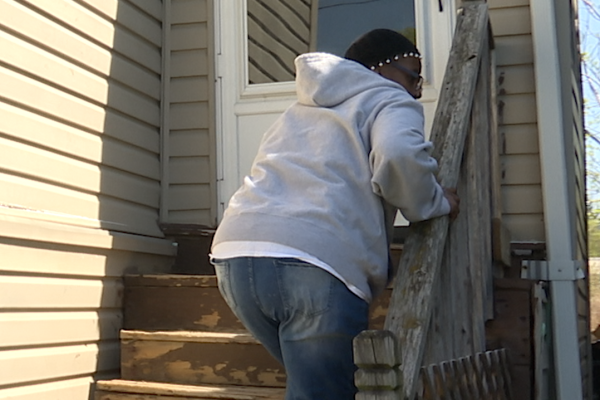SYRACUSE, N.Y. (NCC News) — Elementary schools can now exclude multiple books from their Scholastic Fairs after the publishing company created a diversity collection and made it optional. With over 100 books in this year’s fair, 64 primarily dealing with race and LGBTQ+ issues are in the “Share Every Story, Celebrate Every Voice” collection, according to NPR and EdWeek.
Scholastic defended its decision in a statement, claiming they had no other option. Multiple states continue to attempt to implement book bans and legislation that restricts how topics of race, gender and sexuality are approached in schools.
“Because Scholastic Book Fairs are invited into schools, where books can be purchased by kids on their own, these laws create an almost impossible dilemma: back away from these titles or risk making teachers, librarians, and volunteers vulnerable to being fired, sued, or prosecuted,” the press release says.
Dr. Charlotte Sharpe, an educational technology product manager and Montessori at Lemoyne parent, said the collection was more of a strategic business venture.
“They’re trying to appeal to a broader set of schools and really states where librarians now have to abide by state laws that maybe prohibit them from including these books in their libraries or book fairs. They don’t want the librarians to choose to go with a different vendor,” she said.
Sharpe said she believes Scholastic’s decision could also be problematic in states that aren’t trying to implement these policies.
“Because of the way book fairs happen, it gives individuals more say over the accessibility of representative content than maybe they ought to have because there’s not really any checks or balances,” Sharpe said.
Without those checks and balances, Sharpe said a singular librarian could make the decision to exclude the collection from their fair – no matter how inclusive the school district is setting out to be.
Sharpe said this diverse collection is necessary because provides both mirrors and windows for children – mirrors that reflect themselves in the content they consume and windows into experiences different from their own.
Other parents also believe exposing their children to diverse literature is important.
“I don’t want my kids to be surprised or to ever judge anyone for maybe doing things differently than we’ve done at home,” Ali Jackson Popp, an Ed Smith Pre-K-8 School parent, said. “I don’t think we have all the answers. It’s all about showing different viewpoints so that they can make their own decisions.”
Popp said she doesn’t want her children to be isolated from what’s going on in the real world – they need to know about the people being excluded from the narrative.
The Syracuse University Art Museum is featuring My Country – a project that focuses on the same principle of exclusion. Brooklyn-based photographer and visual artist Nona Faustine used a series of silk-screen prints of U.S. monuments to explore who gets celebrated at the expense of what is left out.
“I think the recent scholastic incident is indicative of this larger history [of exclusion] that unfortunately, has marked and of the formation of the United States,” Melissa Yuen, SU Art Museum curator, said.
Yuen said Faustine’s work serves as a reminder that the Scholastic collection is only a small moment in a long history of exclusion.
Amanda Gorman, American poet and activist, recalled that history when she took to X after Scholastic moved some of her work into the collection.
“This is not sharing our stories–it’s treating them as separate but equal.”
Popp’s son will be able to learn more about that exclusion when Ed Smith takes his class on a field trip to the Museum this Friday.




